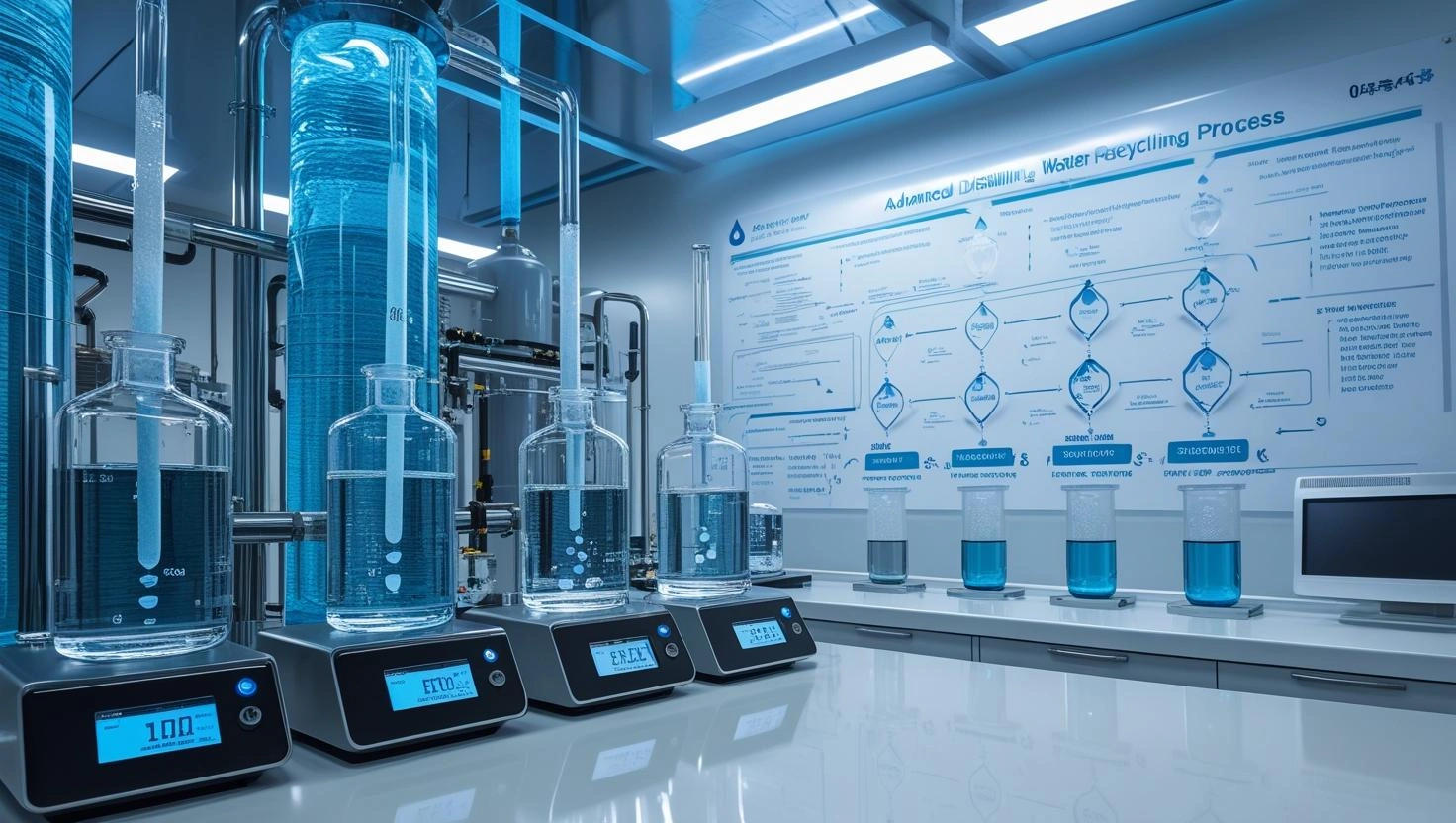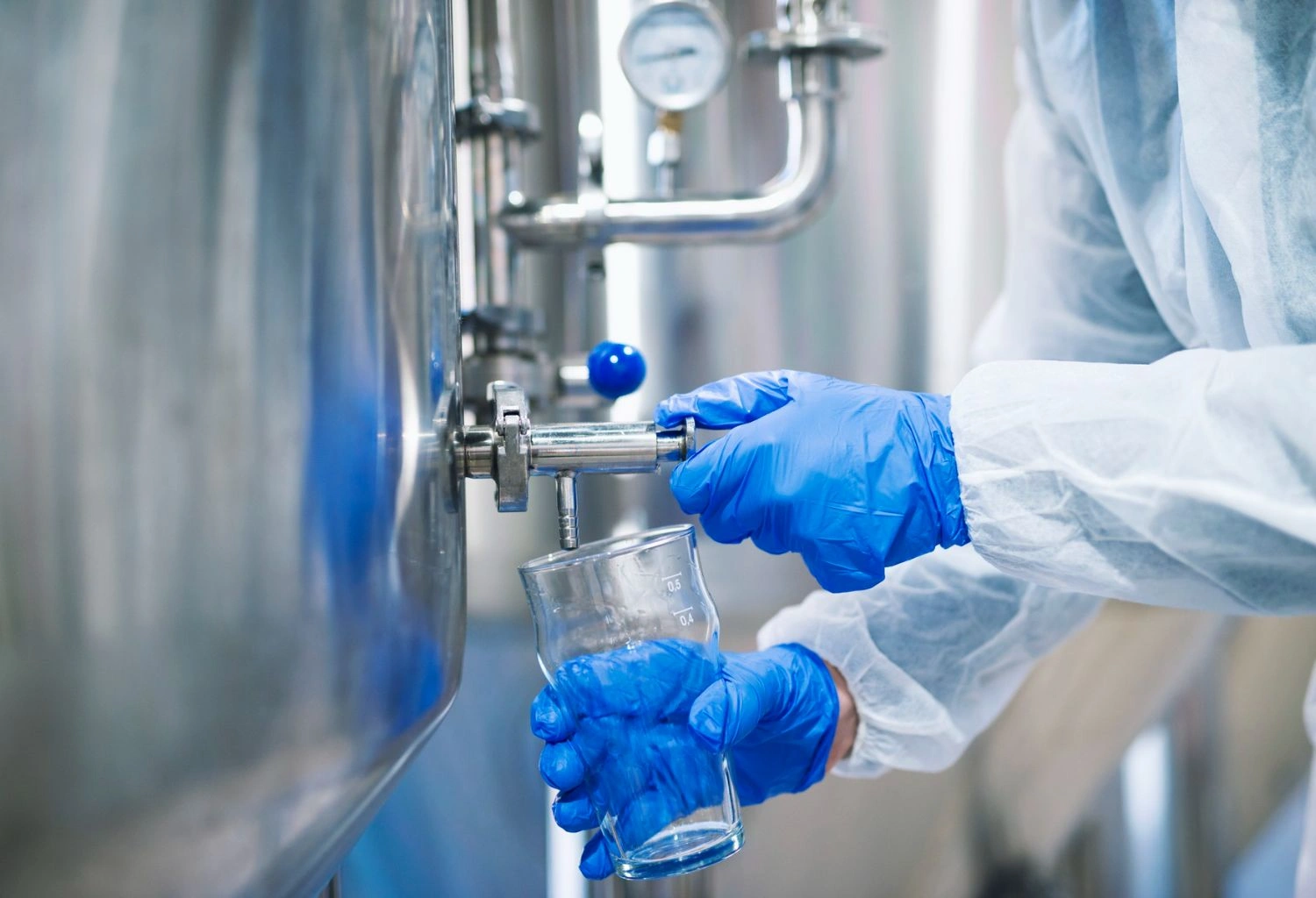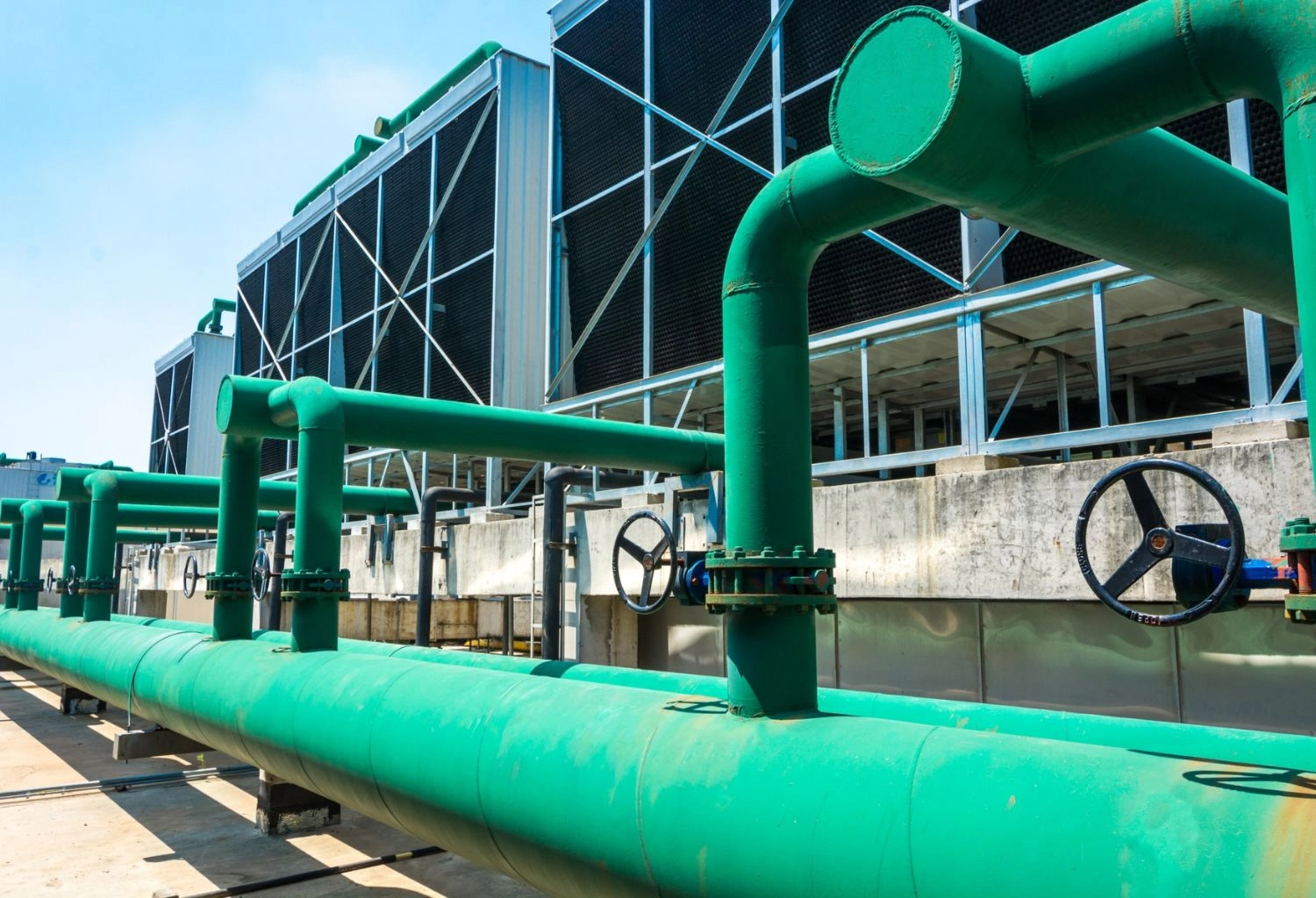Water Conservation in Pakistan is vital to overcoming scarcity and pollution. This guide explores innovative recycling technologies like bioremediation and electrocoagulation. WCSP leads the transformation with sustainable, custom-built wastewater systems. By reusing treated water in agriculture and industry, Pakistan can conserve resources, meet EPA regulations, and secure its water future.
Ultra-filtration Water Plant
What Is Wastewater Recycling and Why Does Water Conservation in Pakistan Matters?
Wastewater recycling refers to treating and recycling used or polluted water from households, businesses, or industries. In a water-deficient nation such as Pakistan, this practice helps conserve water by lessening reliance on fresh water resources and avoiding contamination of natural water bodies.
What Are the Main Sources of Wastewater in Pakistan?
The three primary sources of wastewater in Pakistan are:
- Municipal wastewater – bathwater, kitchen scraps, domestic sewage
- Industrial wastewater – dyes, chemicals, heavy metals, oils
- Agricultural runoff – fertilizers, pesticides, sediment
Each source has a different method of recycling based on the amount and type of contamination.
How Does Recycling Wastewater Help in Water Conservation?
Recycling wastewater saves water by:
- Decreasing freshwater extraction from rivers and aquifers
- Allowing reuse in industry, agriculture, and even residential uses (e.g., flushing, landscaping)
- Safeguarding natural water bodies from untreated effluent
- Supporting groundwater recharge by safe reuse of irrigation
What are the Various Forms of Recycled Wastewater?
What is Greywater?
Greywater is relatively clean wastewater resulting from showers, basins, and laundry (not toilets). It’s best for non-potable reuse such as gardening or flushing.
What is Blackwater?
Blackwater holds sewage and must receive sophisticated biological and chemical treatment before it can be safely reused or discharged.
What Technologies Does WCSP Apply to Wastewater Recycling?
How Does Bioremediation Work?
Bioremediation employs useful microbes to degrade organic waste. It’s a low-energy, natural process particularly suited for municipal wastewater.
What Is fion?
Electrocoagulation deploys electric currents for the removal of suspended particles, heavy metals, and dyes. It’s used broadly in the chemical and textile industries.
How Does AOP (Advanced Oxidation Process) Improve Recycling?
AOP disintegrates complicated chemicals, pharmaceuticals, and harmful substances with oxidants and UV radiation. It works well for industrial wastewater and water reuse.
What Is MBBR Technology?
MBBR (Moving Bed Biofilm Reactor) is a high-performance biological treatment utilizing floating carriers as supporting microbial growth. It is energy-efficient, compact, and perfect for the treatment of fluctuating loads.
Filtration Water Plant
What Is the Step-by-Step Process of Recycling Wastewater?
What Happens During Preliminary Treatment?
Large grit and debris are removed by screens and grit chambers to safeguard downstream processes.
What Happens During Primary Treatment?
Sedimentation tanks enable heavy solids to settle, and grease and scum are skimmed from the surface.
What Happens During Secondary Treatment?
Biological processes (such as MBBR or activated sludge) strip dissolved organic material and nutrients away.
What Happens During Tertiary Treatment?
Filtration, disinfection (UV/chlorine), and AOP strip pathogens and pollutants, rendering the water safe for reuse.
What Becomes of the Sludge?
Sludge is treated in isolation, dewatered, and disposed of safely or transformed to bio-compost or energy.
How Is Recycled Water Reused in Pakistan?
Can Recycled Water Be Utilized in Agriculture?
Yes, treated wastewater is reused for irrigation of parks, gardens, and even crops in controlled conditions.
How Is Recycled Water Utilized in Industry?
Industry reuses water for:
- Boiler feed
- Cooling towers
- Cleaning and process operations
This lowers operational costs and satisfies environmental requirements.
Why WCSP for Wastewater Recycling Solutions?
What Sets WCSP Up as a Trustworthy Partner?
Water Care Services Pakistan (WCSP) has led the industry since 2007 in providing ISO-certified, sustainable wastewater treatment systems. They have vast experience with municipal, industrial, and purpose-built recycling plants all over the country.
How Does WCSP Tailor Recycling Systems?
WCSP carries out thorough water analysis and on-site examination prior to designing treatment systems on the basis of flow rate, type of contaminant, space available, and the end use of the recycled water.
What Are the Regulatory Benefits of Recycling Wastewater?
Organization recycling allows organizations to comply with Pakistan’s Environmental Protection Agency (EPA) regulations, escape penalties, and obtain environmental certification (e.g., ISO 14001). This enhances reputation as well as facilitates exports in environmentally friendly markets.
What Contribution Can Recycling Make to Help Solve Pakistan’s Water Crisis?
Pakistan is one of the world’s water-stressed nations. Recycling wastewater alleviates pressure on natural resources, helps in agriculture, avoids waterborne illnesses, and provides water for future generations.
Conclusion
Wastewater recycling is no longer a fad — it’s a necessity in Pakistan. WCSP offers intelligent, environmentally friendly, and sustainable recycling technologies designed for cities, industries, and communities. By investing in secure wastewater recycling technologies today, we can save our most valuable resource — water — for tomorrow.
Frequently Asked Questions (FAQs)
1. What is wastewater recycling and how does it work?
Wastewater recycling treats used water through filtration and disinfection, making it reusable for irrigation, industrial processes, and flushing, thereby reducing freshwater dependency and environmental pollution.
2. Why is wastewater recycling important for Pakistan?
Pakistan faces critical water scarcity. Recycling wastewater conserves water, reduces environmental damage, and ensures long-term availability for agriculture, industry, and urban areas—supporting national sustainability goals.
3. What are the main sources of wastewater in Pakistan?
Municipal sewage, industrial effluent, and agricultural runoff are Pakistan’s key wastewater sources, each containing unique contaminants that require specific treatment solutions before being safely reused or discharged.
4. Can recycled wastewater be reused safely?
Yes, after proper treatment, recycled water is safe for non-potable applications like irrigation, landscaping, industrial use, and toilet flushing, meeting both health standards and environmental regulations.
5. What’s the difference between greywater and blackwater?
Greywater comes from sinks and showers, suitable for reuse after basic treatment. Blackwater contains sewage and requires advanced chemical and biological treatment before safe reuse or discharge.
6. How does WCSP recycle wastewater efficiently?
WCSP uses advanced technologies like MBBR, AOP, and electrocoagulation to treat complex contaminants, ensuring cost-effective, EPA-compliant
recycling solutions tailored to each site’s water quality.
7. Is wastewater recycling affordable for industries?
Yes. Wastewater recycling reduces water bills, avoids EPA fines, and offers long-term ROI. WCSP provides scalable, cost-effective solutions suitable for industries of all sizes.
8. Can recycled water be used for agriculture?
Yes. Treated wastewater is safe for irrigating crops, gardens, and parks, reducing pressure on freshwater resources and helping ensure water availability during droughts.
9. How does wastewater recycling support EPA compliance?
Recycling ensures treated water meets EPA limits on pH, TDS, and toxins, helping avoid penalties and enabling green certifications for sustainable industrial operations.
10. Why choose WCSP for wastewater recycling in Pakistan?
WCSP offers ISO-certified, customized, and energy-efficient recycling systems with AMC support, expert design, and over 17 years of experience across diverse industries in Pakistan.



